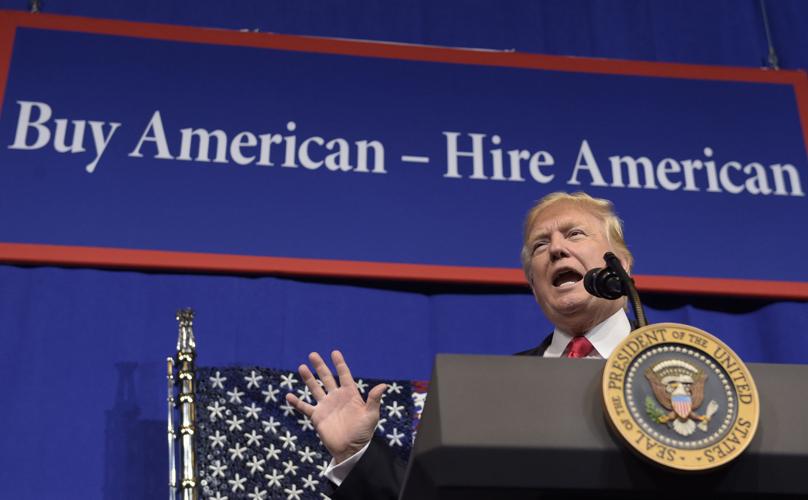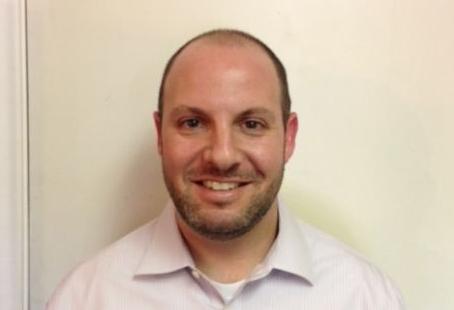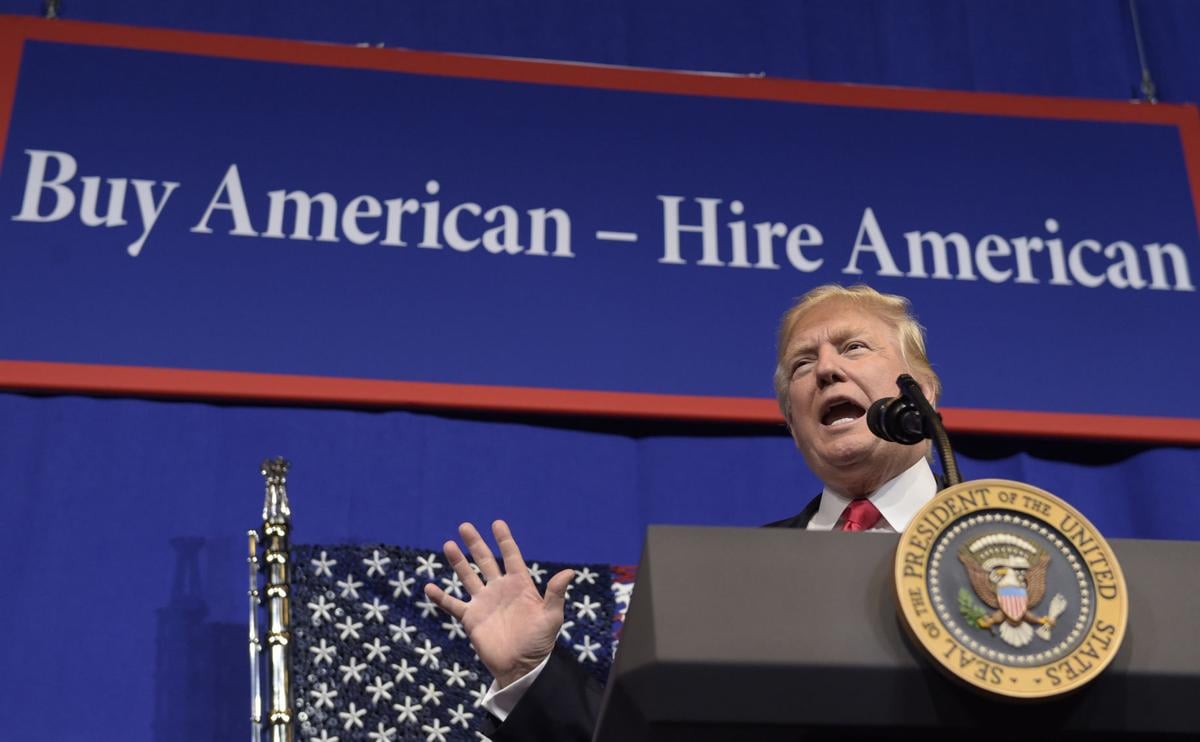While talk of building a border wall has monopolized much of the news during Donald Trump’s presidency, there is already a barrier under constant construction: A wall that can’t be seen but can be felt by millions of immigrants. One immigration policy change after another — often decided behind closed doors with little fanfare — has formed this “invisible wall.”
In February 2018, the United States Citizenship and Immigration Services changed its mission statement from describing the U.S. as a “nation of immigrants” to focusing more on the security of the nation and safeguarding its integrity. This mission statement, coupled with Trump’s Executive Order to “hire American,” has made the message clear: Restrictive enforcement and uncertainty reign! This new mandate has made the already difficult process of immigrating to the U.S. even more onerous.
One thing you often hear from those who decry undocumented immigrants: “I like immigrants, but I want them to come the legal way. The right way.” But what if the legal way is blocked? What we are witnessing is a concerted effort by the Trump administration to undermine legal immigration.
The proof is quite evident: Visa denials and processing delays have reached a “crisis level” according to Jason Boyd, policy council at the American Immigration Lawyers Association. According to a new report from the group, the overall average case processing time surged by 46 percent over the past two fiscal years, while the case receipt volume “markedly decreased.” Many applications are taking several months to process, even some time-sensitive ones are not receiving just consideration for expedited processing. Data show that immigration application denials have increased 37 percent since Trump became president.
As an immigration attorney, I witness the daily impact of these policies. It is not a pretty sight.
Businesses are having difficulty retaining employees who have been in the United States for years on work visas while waiting in lengthy queues to become residents. These companies have considerable investment in this human capital, and HR departments search for any option to keep this talent on board. But many don’t want to wait in uncertainty year after year, sometimes well over a decade, for more permanent status.
Foreign students who spend considerable resources to attend college in the U.S. are now taking their skills and talents to Canada and other more immigrant-friendly nations because of the lack of work visa options. Even professionals applying for renewals of visa applications that were previously approved are being denied, with no reason given.
Some may ask, “Well, can’t they appeal?” Appeal rights are limited and can take years, along with being extremely costly and often unsuccessful. The result is that more companies are experiencing a “brain drain” and seeing top talent go elsewhere.
Leaving Deferred Action for Childhood Arrivals and Temporary Protected Status recipients in limbo and potentially eliminating their ability to live and work in the U.S. would also have a devastating impact on many families and businesses. I have been contacted by many who have purchased cars, signed property agreements, pay their yearly income taxes and contribute to our country. But the administration is trying to end DACA and TPS.
One New York business with dozens of employees contacted me after the announcement that TPS would be ending for El Salvador and lamented that 50 percent of its workforce has TPS and would difficult to replace.
As a nation, during the past two years, we have witnessed the turning away of asylees seeking a better life, and the separation of parents from children. We have heard the debate on the border wall. It’s time to hit the reset button and recall how immigration helped shape our country. We need to remember that these are human lives, and family unification should be of utmost priority.
Each individual needs to be treated with dignity, and processes should be handled in a reasonable amount of time without needless delays. While immigration reforms could help improve the overall process and solve some of the problems created by previous legislation and policies, the government needs to remember we are a nation of immigrants.
As President Ronald Reagan said, “Through this Golden Door has come millions of men and women. These families came here to work. Others came to America under often harrowing conditions. They didn’t ask what this country could do for them but what they could do to make this refuge the greatest home of freedom in history. They brought with them courage and the values of family, work, and freedom. Let us pledge to each other that we can make America great again.”







